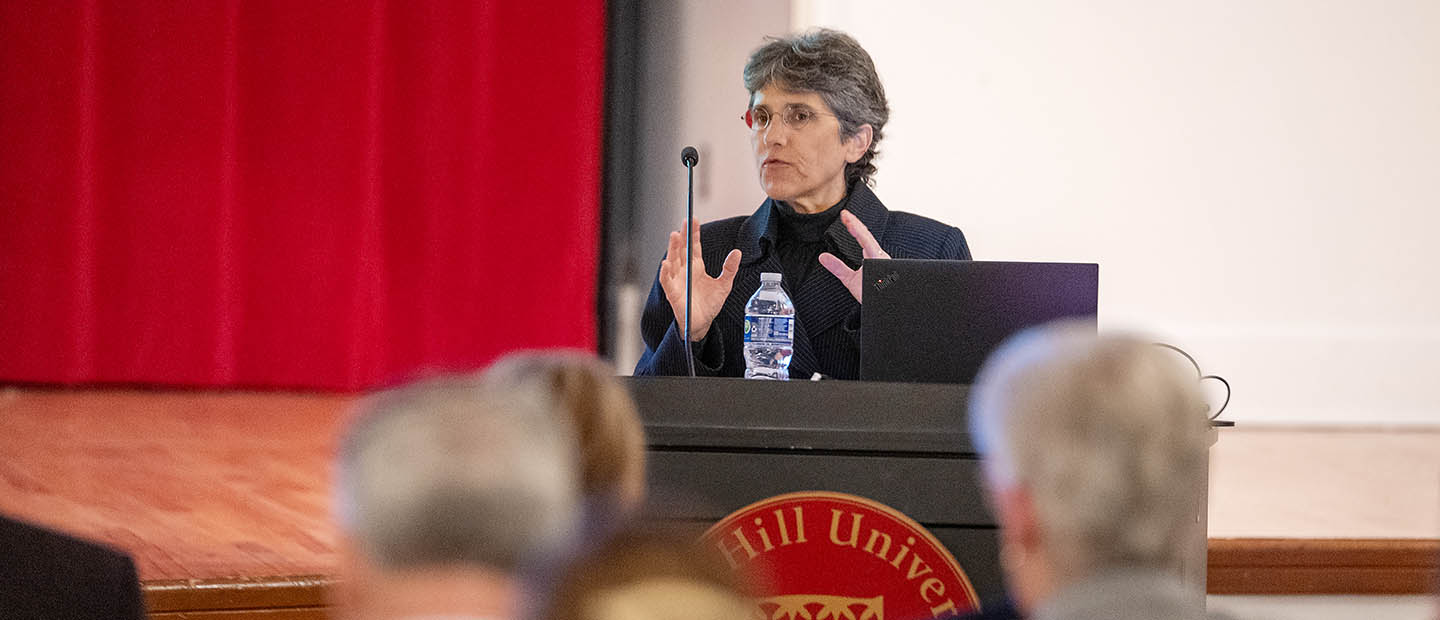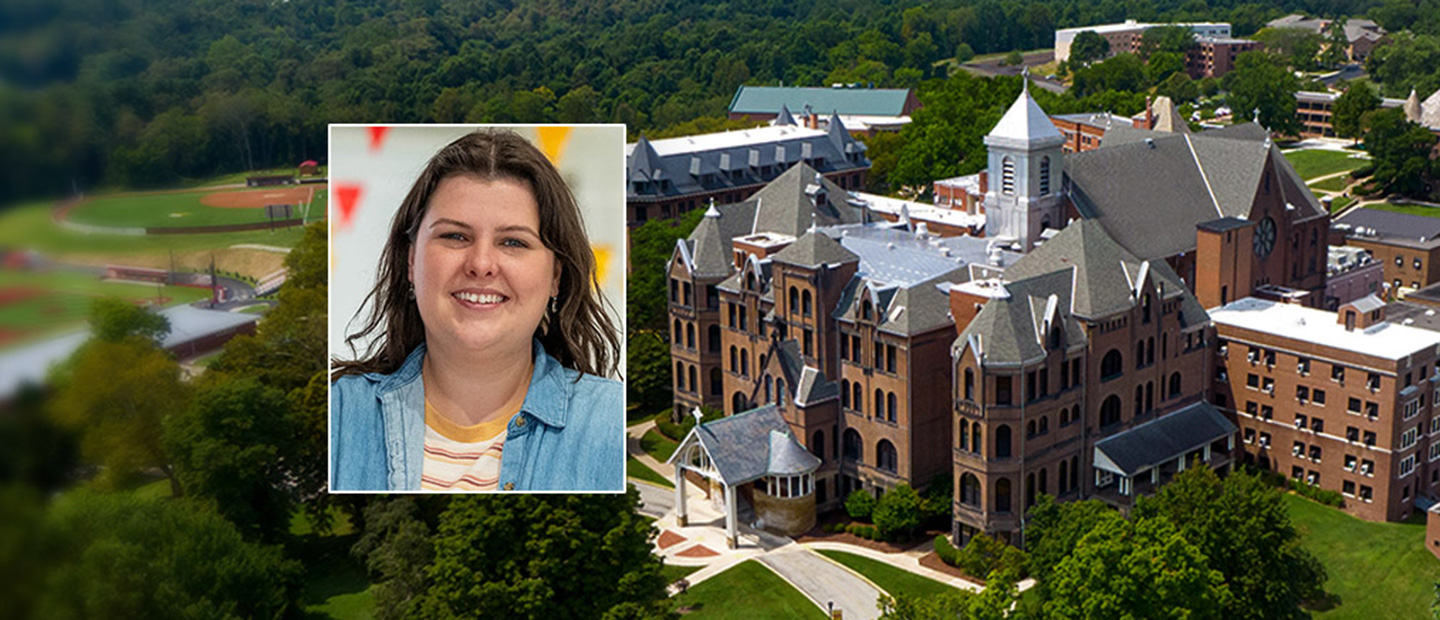Seton Hill University Awarded Grant from The National Endowment for the Humanities
Competitive Grant will fund a NEH Summer Institute for High School Educators on “Grappling with Genocide”
Seton Hill University has been awarded a competitive grant from The National Endowment for the Humanities to fund a NEH Summer Institute for high school educators on the topic “Grappling with Genocide: Fostering Empathy and Engagement through Text and Image.” The two-week institute will be held in 2022.
“Seton Hill University has a long and important history of providing K-12 educators with the tools they need to effectively teach their students about the Holocaust and other genocides, particularly through the efforts of the National Catholic Center for Holocaust Education (NCCHE) and the university’s certificate program in Genocide and Holocaust studies,” said Mary C. Finger, Ed.D., Seton Hill President. “We are grateful for this competitive grant from The National Endowment for the Humanities, which affirms Seton Hill’s work on the important topic of genocide and will allow the university to reach more teachers educating high school students on these issues that confront the world.”
“Genocide education has become an important addition to curriculum at the K-12 level, particularly as many states either require or strongly recommend that school districts find ways to teach students about the Holocaust,” said Debra Faszer-McMahon, Ph.D., Dean of the School of Humanities at Seton Hill and the administrative lead on the NEH Summer Institute. “The value of such initiatives is clear, especially since genocidal actions continue to occur around the world. The grant from The National Endowment for the Humanities will allow Seton Hill to engage with high school educators in developing curriculum around genocide education that will provide their students with the tools to understand the conditions and consequences of genocidal policies and their ongoing impact in our world today.”
 The two-week institute for educators of grades 9-12 connects best practices in genocide education with contemporary global conflicts through the power of narrative. Co-directed by Dr. Christine Cusick, Associate Professor of English at Seton Hill, and Dr. John Spurlock, Professor Emeritus of History and former coordinator of the Genocide and Holocaust Studies Certificate program at the university, the institute will feature presentations from Seton Hill faculty as well as nationally-recognized guest lecturers.
The two-week institute for educators of grades 9-12 connects best practices in genocide education with contemporary global conflicts through the power of narrative. Co-directed by Dr. Christine Cusick, Associate Professor of English at Seton Hill, and Dr. John Spurlock, Professor Emeritus of History and former coordinator of the Genocide and Holocaust Studies Certificate program at the university, the institute will feature presentations from Seton Hill faculty as well as nationally-recognized guest lecturers.
Sessions will focus on 18th to 21st century conflicts, including Native American erasure, the Holocaust, the plight of the Rohingya, and the Yazidi genocide under ISIS.
Each day will introduce new textual, visual, and oral narratives, with mornings dedicated to guest lectures and afternoons focused on discussions and experiential learning. Participants will visit Tree of Life synagogue in Pittsburgh and the City of Asylum writing community and meet with local leaders to discuss opportunities for dialogue.
Participants will also explore a range of pedagogical tools, including the Narrative 4 story exchange curriculum and the Question Mark/er Project. Narrative 4 is a non-partisan global network of authors, educators, and students who use the power of personal narratives to build empathy and to spark collaborative dialogue. The Question Mark/er Project is a Seton Hill student-generated visual art symposium focused on genocide awareness.
Participants will leave the two-week Institute with a complete set of lesson plans for the teaching of genocide in their classrooms, and they will be invited to present their work at the triennial Ethel LeFrak Conference on Genocide and Holocaust Education held on the campus of Seton Hill University.
Any views, findings, conclusions, or recommendations expressed in this program do not necessarily represent those of the National Endowment for the Humanities.
ABOUT THE NATIONAL ENDOWMENT FOR THE HUMANITIES
Created in 1965 as an independent federal agency, the National Endowment for the Humanities supports research and learning in history, literature, philosophy, and other areas of the humanities by funding selected, peer-reviewed proposals from around the nation. Additional information about the National Endowment for the Humanities and its grant programs is available at: www.neh.gov.



